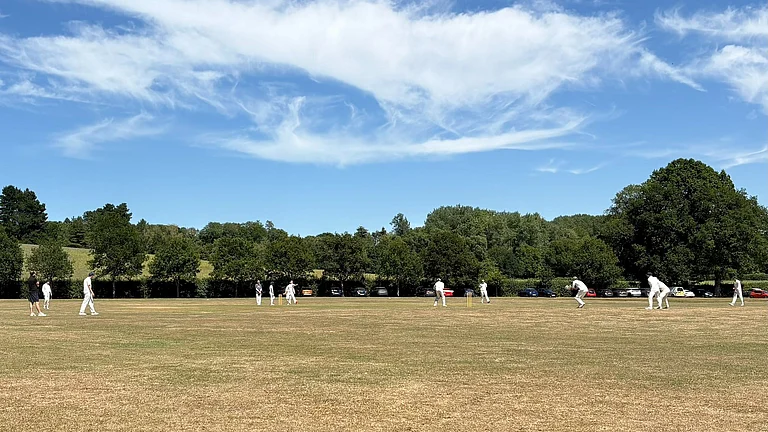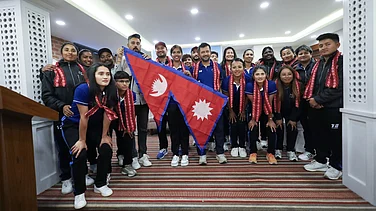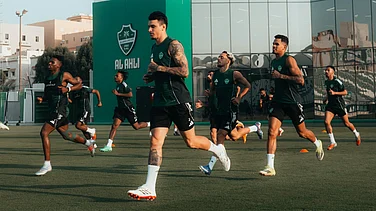Carlos Alcaraz found himself in a hint of a predicament 35 minutes into his U.S. Open quarterfinal against Alexander Zverev on Wednesday night.
At 3-all in the first set under the lights in Arthur Ashe Stadium, Zverev earned the first break points of the match. An opening. An opportunity to gain an early edge against the defending champion. And then — poof! — gone. Alcaraz dismissed those chances to hold, then gained a break himself in the next game by depositing an overhead that bounced into the stands. One more service hold arrived and, just like that, the set belonged to Alcaraz, as did, eventually, a spot in the semifinals.
The top-seeded Alcaraz pushed aside Zverev 6-3, 6-2, 6-4 and moved a step closer to becoming the first man to win consecutive titles at Flushing Meadows since Roger Federer collected five in a row from 2004-08.
Perhaps the 12th-seeded Zverev, a 26-year-old German who was the runner-up at the 2020 U.S. Open, was feeling the after-effects of his 4-hour, 41-minute win over Jannik Sinner in the fourth round two days earlier. Perhaps otherwise, Zverev could have offered more of a challenge to Alcaraz, a 20-year-old from Spain.
Perhaps. But there have not been many instances in which anyone has managed to slow down Alcaraz in any real way over the past year-plus of Grand Slam action.
He improved to 24-1 in his past four major tournaments: After the championship in New York 12 months ago, he sat out the Australian Open with a leg injury, made it to the semifinals of the French Open before cramping up in a loss to Novak Djokovic, and added the Wimbledon trophy by beating Djokovic in the final, before the run over these two weeks.
There could be an Alcaraz vs. Djokovic rematch in Sunday’s final.
First things first, though. Alcaraz will take on 2021 U.S. Open champion Daniil Medvedev in the final four on Friday, while 23-time Slam champ Djokovic faces unseeded Ben Shelton, a 20-year-old American who’s never been this far at a major.
On a sweltering evening, Alcaraz showed off several aspects of his varied game against Zverev.
The powerful forehands that elicit gasps from the crowd. The delicate drop shots. The hammered returns. The all-court speedy coverage. The willingness to try — and ability to succeed on — shots others wouldn’t even consider.
There’s also a sense of the moment, knowing when there are points, or games, he absolutely needs to have. On Wednesday, saved all five break points he faced and converted each of the four he earned in Zverev’s service games.
With Alcaraz serving at 3-3 in the early going, it was Zverev who buckled, missing a backhand on each of his break points.
Alcaraz wound up gathering 11 of 13 points in a set-closing stretch, in part by picking on Zverev’s second serves.
It was a perfect return on a 129 mph (208 kph) first serve that led to a cross-court backhand winner by Alcaraz for the break that tilted the second set his way at 2-1. Once that set ended, Zverev left the court for a medical timeout, and Alcaraz whiled away the time by twirling his racket as if it were a baton.





















